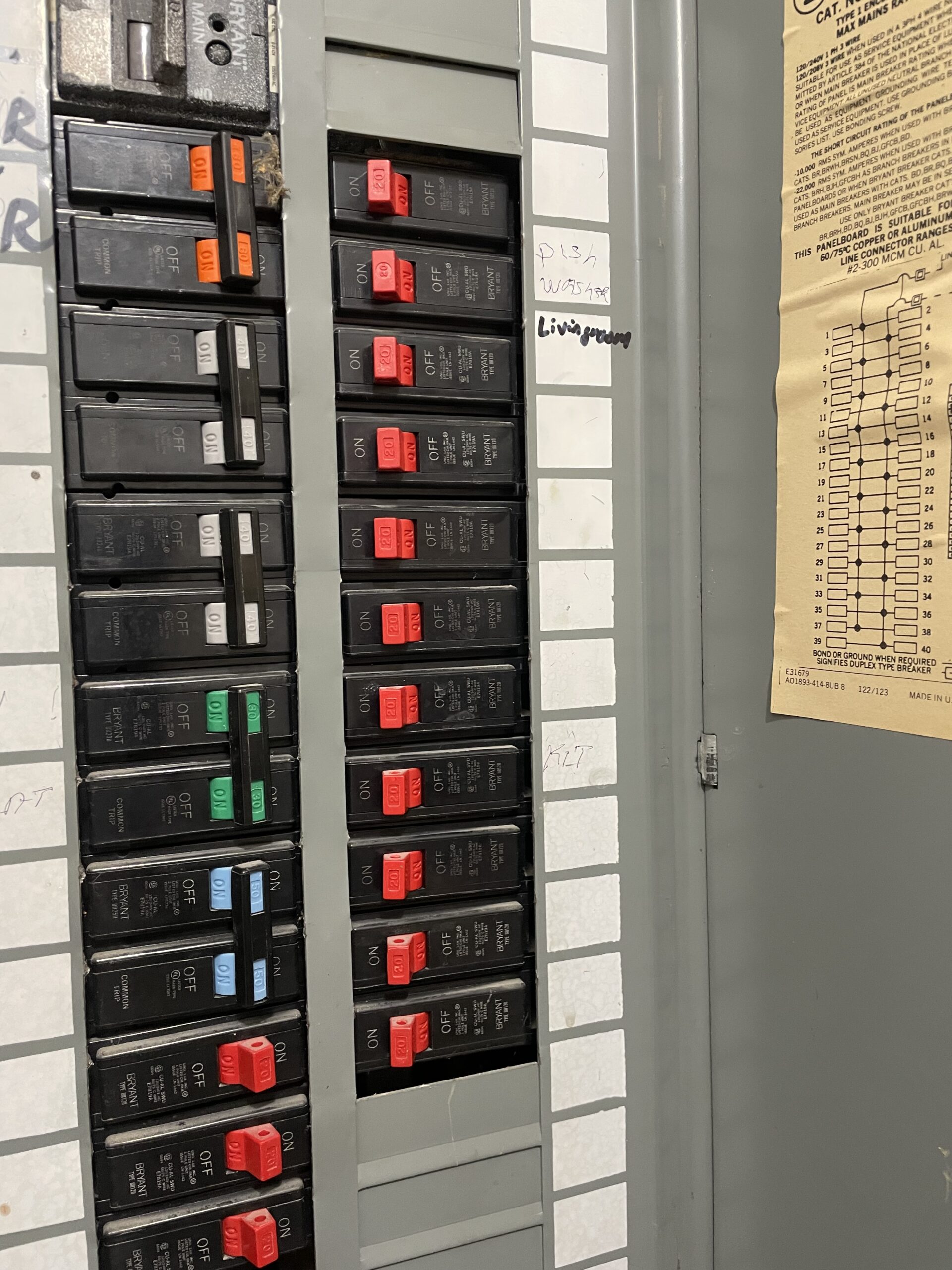Essential Facts to Know Before Purchasing a Generator
Every time a storm or a hurricane is passing over, many homes in the US dread one thing the most. Apart from the potential damage to their property and assets, it is a power outage that scares them. Over the past decade, many homes across the United States had to deal with major power outages for long hours, even for many days at a stretch.
A practical solution to deal with this problem is to invest in a good generator.
However, it is not easy to zero in on the right one, with so many types of generators vying for your attention and each one offering a complex set of features and benefits that you, as a first-time buyer, may find tough to decode.
This article will guide you in making the right choice for buying the best generator.
Before we delve into the types of generators, let’s get an overview of what generators are and how they help in power outage situations.
Understanding Generators
Generators serve as reliable backup power sources, ensuring uninterrupted electricity when the main power supply is disrupted. Designed for convenience and peace of mind, they allow you to continue using your essential electronics and appliances with the appropriate backup power system in place.
Types of Generators
Each type of generator serves a specific purpose, so choosing the right one depends on your power needs, budget, and intended use.
Generators come in various types to meet different power needs. Here’s a closer look at the three main types available.
- Portable Generators
- Standby Generators
- Inverter Generators
Generators Powered By Fuel:
- Gasoline Generators
- Diesel Generators
- Propane Gas Generators
- Natural Gas Generator
Portable Generators
Designed for temporary power needs, these generators are commonly used for camping, outdoor events, or as a backup power source during emergencies.
They run on gasoline, propane, or diesel and require manual operation, including refueling and startup.
Ideal for powering small appliances, tools, and essential household items during short-term outages.
Standby Generators
Standby generators are larger than the portable variety and well suited for residential or commercial use
- Permanently installed and automatically activated when a power outage occurs.
- Typically runs on natural gas or propane, providing seamless backup power for homes or businesses.
- Capable of powering an entire home or critical systems without manual intervention.
- Requires professional installation and regular maintenance for long-term reliability.
Inverter Generators
Known for their fuel efficiency and quieter operation, making them ideal for sensitive electronics like laptops and medical devices.
Produces clean, stable power with lower harmonic distortion.
Compact, lightweight, and often used for recreational activities, RVs, and emergency backup for small household appliances.
Fuel-Powered Generators
Another option to consider for backup power is fuel-powered generators, which are commonly used in homes and commercial establishments during power outages. These generators run on different fuel types, each with its own advantages and disadvantages.
Gasoline Generators
Readily available fuel but requires proper storage and frequent refueling. Gasoline generators are the least expensive option however, they do have some drawbacks including gasoline may not be easily available during power outages, cannot be stored for long periods and releases a lot of emissions which can be a health hazard.
Diesel Generators
More fuel-efficient and durable, making them ideal for heavy-duty applications.
Diesel-powered generators last longer than gas-powered generators. Other benefits include Diesel is easily accessible and isn’t as flammable as gasoline. It lasts longer and offers better value for money.
Propane Generators
Burns cleaner with a longer shelf life but may require larger storage tanks. As gas lines are involved, installation costs are higher. Propane generators are highly inflammable and non-portable. These generators are not fuel-efficient.
Natural Gas Generators
Convenient for homes with a natural gas connection, providing continuous fuel supply without the need for refueling. Natural gas can be used in both portable and standby generators. It burns clean and offers great efficiency. As gas lines are involved, installation costs are higher.
Now that you’re equipped with all the essential information about different types of generators, you can make a confident and informed purchasing decision. Having the right generator ensures you’re always prepared for the next power outage.
Never be left in the dark again! Stay powered and protected with a Generator and Turnkey Generator Installation from Phoenix Electrical in Northwest Georgia.




